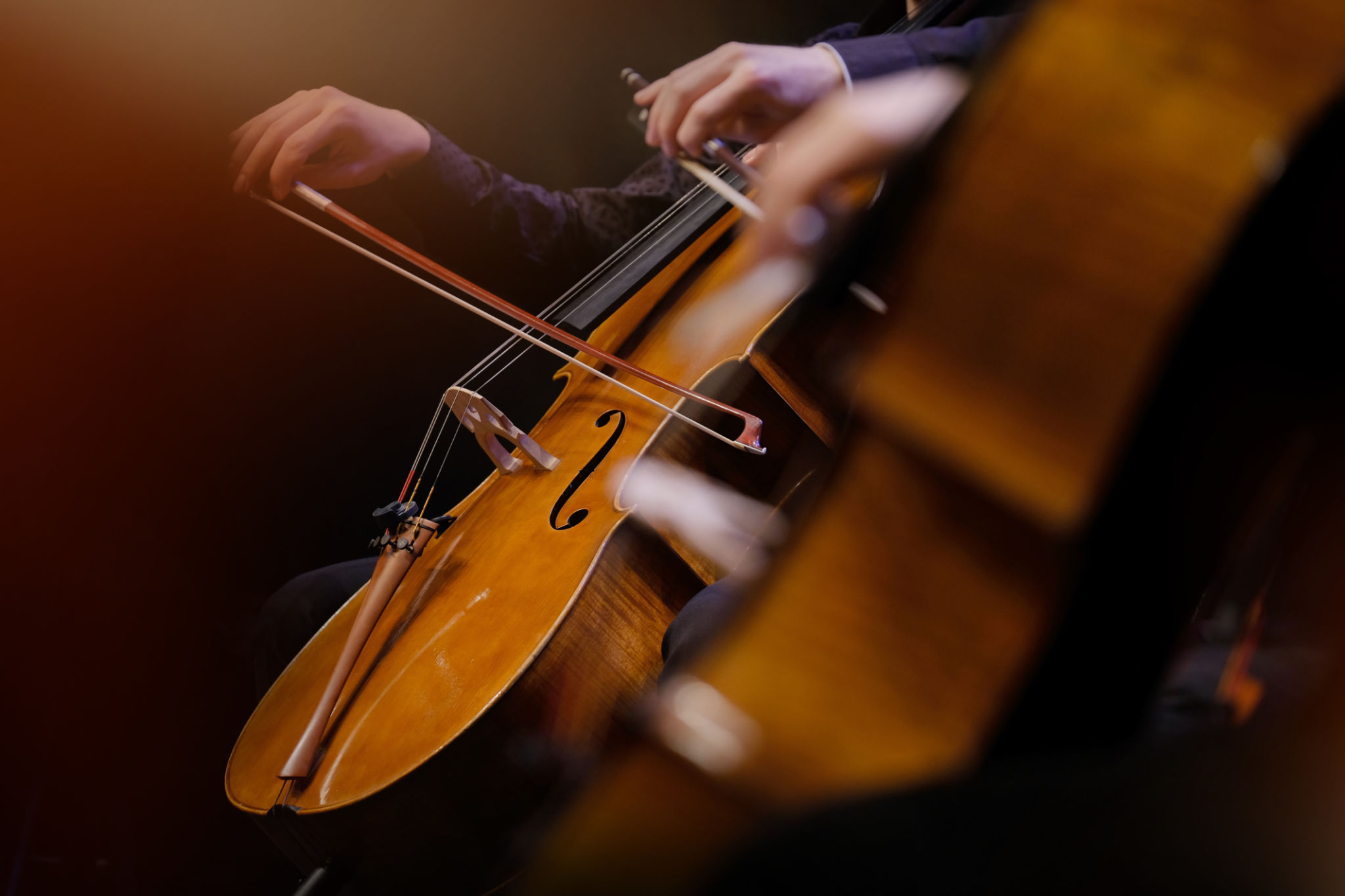Exploring Music Styles: Discover the Perfect Genre for Your Lessons
Understanding Popular Music Genres
Music is a universal language, and with so many genres available, it can be overwhelming to decide which style best suits your lessons. Each genre offers its own unique set of characteristics, instruments, and historical backgrounds that can enrich musical education. Understanding these differences can help tailor lessons to students' preferences and learning needs.
Common music genres include classical, jazz, rock, pop, and folk. Each genre has its own charm and complexity, offering different opportunities for learning. For example, classical music is renowned for its complex compositions and historical significance, while jazz is celebrated for its improvisational elements.

The Impact of Genre on Learning
Choosing the right genre for your music lessons can significantly influence a student's engagement and progress. Genres not only affect the technical skills students develop but also their emotional connection to the music. Finding a genre that resonates with a student can make practice sessions more enjoyable and productive.
For beginners, starting with a genre like pop or rock can be beneficial due to their catchy melodies and straightforward structures. These genres often use simple chord progressions that are ideal for those just starting out. On the other hand, more advanced students might appreciate the challenge of jazz or classical music, which require a deeper understanding of theory and technique.

Exploring Classical Music
Classical music is often regarded as the foundation of music education. Its rich history spans several centuries, offering a vast repertoire to explore. Students can learn about different periods such as Baroque, Classical, Romantic, and Contemporary, each with its own distinct style.
Studying classical music can enhance students' sight-reading abilities, improve their understanding of harmony and form, and offer insight into historical contexts. Pieces by composers like Bach, Mozart, and Beethoven are not only beautiful but also provide excellent technical exercises for students looking to refine their skills.

Diving into Jazz
Jazz is known for its vibrant energy and improvisational nature. It encourages students to think creatively and develop their aural skills. Learning jazz involves understanding complex rhythms, chord progressions, and modes.
Students who study jazz benefit from learning how to express themselves through music. It gives them the freedom to experiment with different tones and styles, making it an excellent choice for those who enjoy spontaneity in their playing.
Integrating Folk Music
Folk music offers a unique opportunity to explore cultural heritage through song. Often passed down through oral tradition, folk songs can teach students about storytelling and historical context. This genre is perfect for integrating lessons on world cultures and history.
Folk music typically features acoustic instruments like guitars, fiddles, and banjos. Its simplicity makes it accessible for beginners while still offering depth for more advanced musicians looking to explore global musical traditions.

Creating a Balanced Curriculum
Incorporating a variety of genres into your lessons can create a well-rounded musical education. By exposing students to different styles, you allow them to discover their preferences and strengths. A balanced curriculum might include elements from several genres, ensuring that students gain a comprehensive understanding of music as a whole.
Consider creating themed lessons that focus on specific genres or blending multiple styles in one session. This approach not only keeps lessons interesting but also helps students appreciate the diverse world of music.
Conclusion: Finding the Right Fit
Ultimately, the perfect genre for your music lessons depends on your students' interests and goals. Encourage exploration and flexibility, allowing students to shift between genres as they develop their skills and discover new passions.
Whether it's the structured elegance of classical music or the free-spirited nature of jazz, each genre offers valuable lessons that can shape a student's musical journey. By fostering an environment of exploration and creativity, you empower students to find their own voice in the world of music.